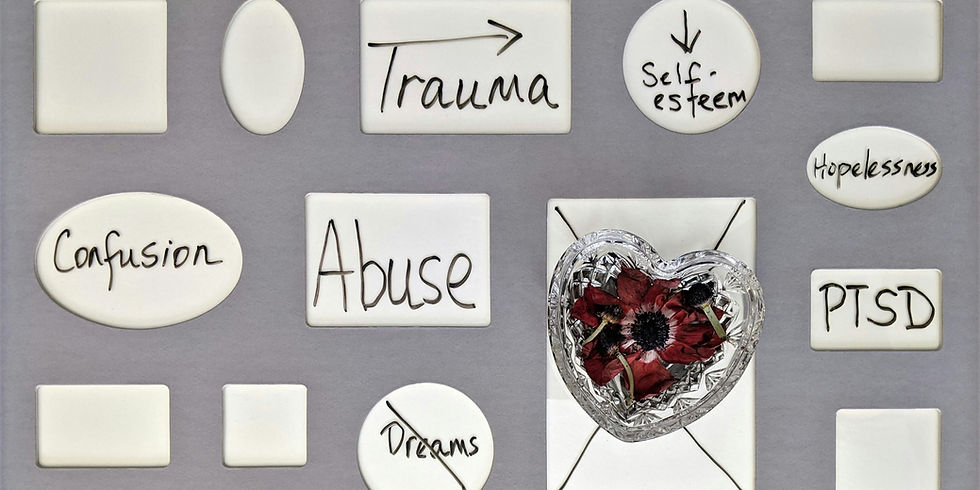Diet's Effect on Depression and Anxiety
- Yourdeline Sertyl
- Jul 26, 2024
- 3 min read
Updated: Nov 12, 2024

Researchers and medical experts are becoming more interested in the connection between nutrition and mental health, especially as it relates to anxiety and depression. Even while our knowledge of this relationship is still developing, there is mounting proof that our emotional health can be significantly impacted by the foods we eat. Examining this complex link in more detail shows how some dietary decisions might make anxiety and depressive symptoms worse.
The Microbiome Symphony: How Our Mood Is Controlled by Gut Bacteria
The complex relationship between the stomach and brain, known as the gut-brain axis, provides insight into the impact of nutrition on mental well-being. The gut microbiome, which is made up of trillions of bacteria, and the central nervous system can communicate with each other via this two-way artery. Research indicates that eating processed meals may upset the natural equilibrium of gut flora, increasing the number of pathogenic bacteria. Everywhere throughout the body, including the brain, inflammation can be brought on by this imbalance. Regrettably, inflammation can interfere with the synthesis and control of brain chemicals that are essential for mood, such as serotonin. Thus, the ongoing dialogue that occurs between our stomach and brain emphasizes how crucial diet is to mental health. Processed meals may make feelings of anxiety and depression worse by possibly upsetting the gut microbiota and generating inflammation.
The Neurotransmitter Effects of Blood Sugar Rollercoaster
Sugar and carbohydrate spikes and crashes in the blood are caused by processed foods. There are detrimental effects on mood and mental health from this "rollercoaster".
Energy dips: The first sugar high wears off and is replaced with lethargy, fogginess, and difficulty concentrating.
Mood fluctuations: When blood sugar levels fall, stress hormones are released, which intensify depressive symptoms and lead to anger and anxiety.
Changes in blood sugar levels can cause imbalances in neurotransmitter levels, such as serotonin, which can have an additional effect on mood.
Said another way, processed foods can exacerbate anxiety and depression by interfering with mood stability, energy levels, and brain chemistry. Choosing a well-balanced diet is essential to fostering mental health.
Coffee Blues: How Coffee Affects Your Sleep and Anxiety
Though widely considered as an essential morning beverage, caffeine has its drawbacks, particularly for those who struggle with anxiety. While caffeine can improve focus and memory retention in moderation, it can also have a positive effect on cognitive function. It makes you more productive and aware by providing your brain with a much-needed boost. However, excessive coffee use might worsen symptoms for individuals who are already prone to anxiety; it's like pushing the accelerator pedal when you're already going downhill. Caffeine's elevated condition can exacerbate agitation and anxiety, making it more difficult to feel relaxed and controlled.
Additionally, the effects of caffeine go beyond its immediate psychological effects and include interruption of sleep. Later in the day, coffee consumption can interfere with sleep cycles, functioning as a kind of proverbial gremlin that keeps people wired when they should be unwinding. In addition to exacerbating pre-existing anxiety, this sleep disruption feeds a vicious cycle that makes it harder and harder to get restorative sleep and successfully manage anxiety. As a result, people who struggle with anxiety should be careful how much caffeine they consume, either reducing it or cutting it out entirely, especially in the afternoon. Examining substitute drinks like herbal teas or decaffeinated coffee can be a calming substitute, offering the coziness of a warming beverage without the jitters and insomnia that come with too much caffeine.





Comments